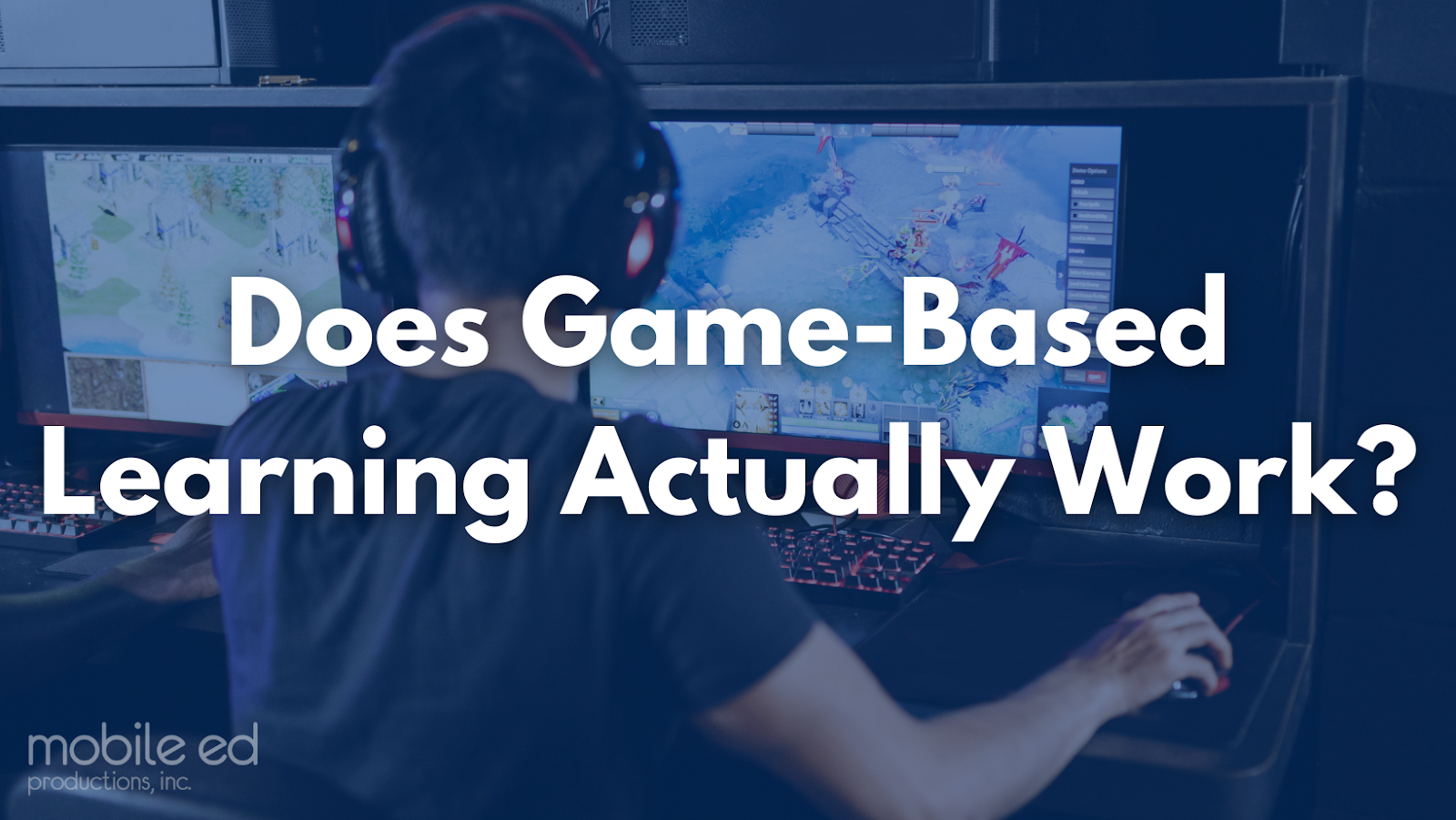Does Game-Based Learning Actually Work?

Engagement in our classrooms is crucial for effective learning. We, as educators, are intentional about getting students to pay attention in class and participate and enjoy our lessons actively. There’s no wonder why game-based learning has become widely popular in our schools today. But does it really help our students?
Game-based learning involves incorporating educational objectives into an online game, board game, or physical activity. In game-based education programs, students must make choices that help them practice critical thinking, trial and error, problem-solving, and more. And game-based learning might not be as new as we think; we’ve used puzzles, board games, and word games like Hangman to create fun, educational experiences for students. Gamification trends became widespread in the 21st century when commercial electronic devices became generally accessible.
For example, Kahoot became rapidly popular after releasing to the public in 2013. The quiz-like features became disguised behind catchy music, student engagement, fun, critical thinking, group participation, scores, and friendly competition. It’s not just a game; it’s a learning tool. But harnessing what makes games fun can turn learning into a more social and educational experience for our students. This is what makes game-based learning so appealing to students and teachers alike.
More examples of game-based learning include:
- Online games
- Video games
- Board games
- Card games
- Outside activities
Studies show that game-based learning has many potential benefits for students of all ages.
Some of the benefits of game-based learning include the following:
- Practice friendly competition
- Expand problem-solving skills
- Practice trial and error and decision making
- Choose games that interest them
- Develops interpersonal skills
- Increases motivation for learning
- Improve digital literacy
With the increased accessibility and affordability of technology, such as laptops and tablets, educational games are much easier to incorporate into a lesson plan. Students today can easily use and enjoy game-based learning as they have grown up in the information age. People who have grown up surrounded by technology are what some people coin as “digital natives.” Here are a few to try out if you’re looking for engaging methods for teaching your students:
- National Geographic Kids: Students are immersed in important science concepts about wildlife, outer space, earth, and more through interactive games.
- FunBrain: Make math lessons more exciting by having students apply their math skills to solve problems in different situations.
- PBS Kids: Literature comes to life when students get to interact with their favorite book characters and TV characters. PBS Kids has several games centered around space, emotions, books, nature, art, and animals.
Mobile Ed uses game-based learning concepts in our education programs to help students become active participants in their learning. Our students stay engaged, interact with our performers, and are more motivated learners while having fun. View our educational assemblies here.
Follow the Mobile Ed blog for more tips and discussions about education.






